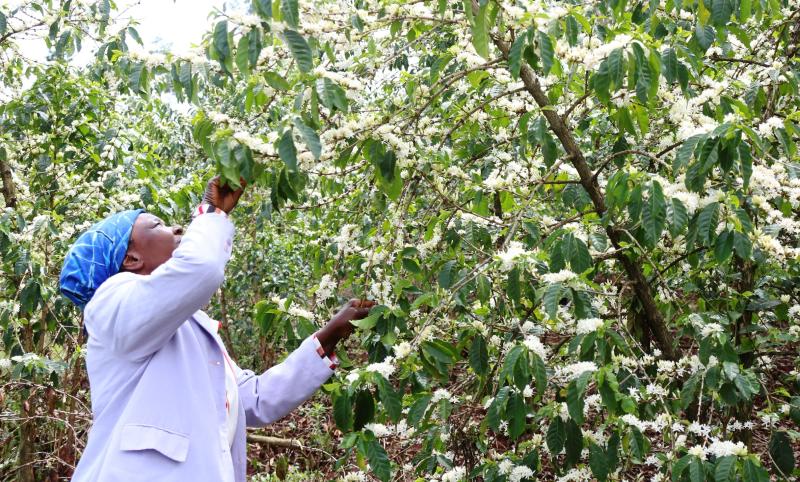×
The Standard e-Paper
Kenya’s Boldest Voice

Coffee farmers might soon start reaping the fruit of their labour, with the produce’s trade going online.
In what could mark a turnaround in the ailing sector, trading at the Nairobi Coffee Exchange (NCE) has been opened to farmers at the grassroots, who will now be able to monitor performance of their produce in real time.